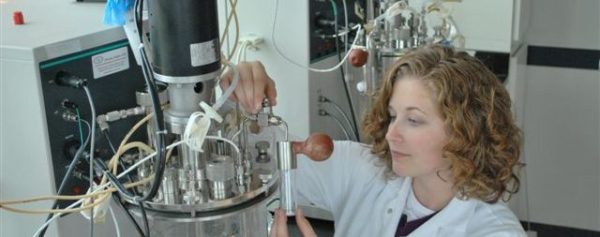Functional Technologies rises on new food safety concerns

Last year, Canada became the first country to place an outright ban on bisephenol A, a toxic substance better know as BPA. Canada joined the European Union, which had, owing to BPA’s link to a range of neurological and thyroid issues, banned its use in plastic baby bottles. The scare, which was based on a 2008 draft report from the U.S. National Toxicology Program, showed how quickly a public health concern can go viral, as Wal-Mart, Target and Babies R US immediately removed bottles containing the substance from their shelves.
Acrylamide is a chemical compound used in a variety of industrial processes, including waste water treatment and in the production of water soluble thickeners. Acrylamide wasn’t even discovered in food until 2002, but it might end up becoming this year’s BPA. The ramifications, however, may be a much more tricky stick handle than simply shelving the product. Last March, The European Chemical Agency added acrylamide to the list of “substances of very high concern”. The issue is that acrylamide appears in various foods, and we don’t know exactly what it does or where it will be found next. Several studies are ongoing, but in 2007 a Dutch study found that women who ingested acrylamide via their diet were twice as likely to develop womb or ovarian cancer.
While acrylamide may become the ungainly hot button word, the substance is actually part of a much larger class of carcinogens that includes creosotes and even diesel exhaust, that keep popping up in foods, particularly those that are fermented or prepared at high temperatures.
Shares of Vancouver’s Functional Technologies (TSXV:FEB) are rising today after the company received an FDA “no questions” letter on their Phyterra product, a hydrogen sulphide-reducing yeast that is gaining traction in the wine industry.
Investors are starting to latch onto Functional, which is in the early stages of commercializing yeast and algae-based technologies. The company’s four hydrogen-sulphide-yeast reducing strains are just now entering the market. Functional has already completed sales to over 75 wineries, mostly in California. This market could be a lucrative one for Functional, as the technology may be able to put a real dent in the amount of spoilage that occurs from hydrogen sulphide in fermentation. The company estimates that the size of the addressable market in wine and other alcoholic beverages exceeds a billion dollars.
But the opportunity in wine may be dwarfed by the market in baker’s yeast, which could be many times greater. To that end, the company recently confirmed that “several international food companies” are in various stages of conducting tests to confirm the effectiveness of Functional Technologies’ acrylamide reducing yeast in baked and potato products.
___________________________________________________________________________
___________________________________________________________________________
Nick Waddell
Founder of Cantech Letter
Cantech Letter founder and editor Nick Waddell has lived in five Canadian provinces and is proud of his country's often overlooked contributions to the world of science and technology. Waddell takes a regular shift on the Canadian media circuit, making appearances on CTV, CBC and BNN, and contributing to publications such as Canadian Business and Business Insider.


